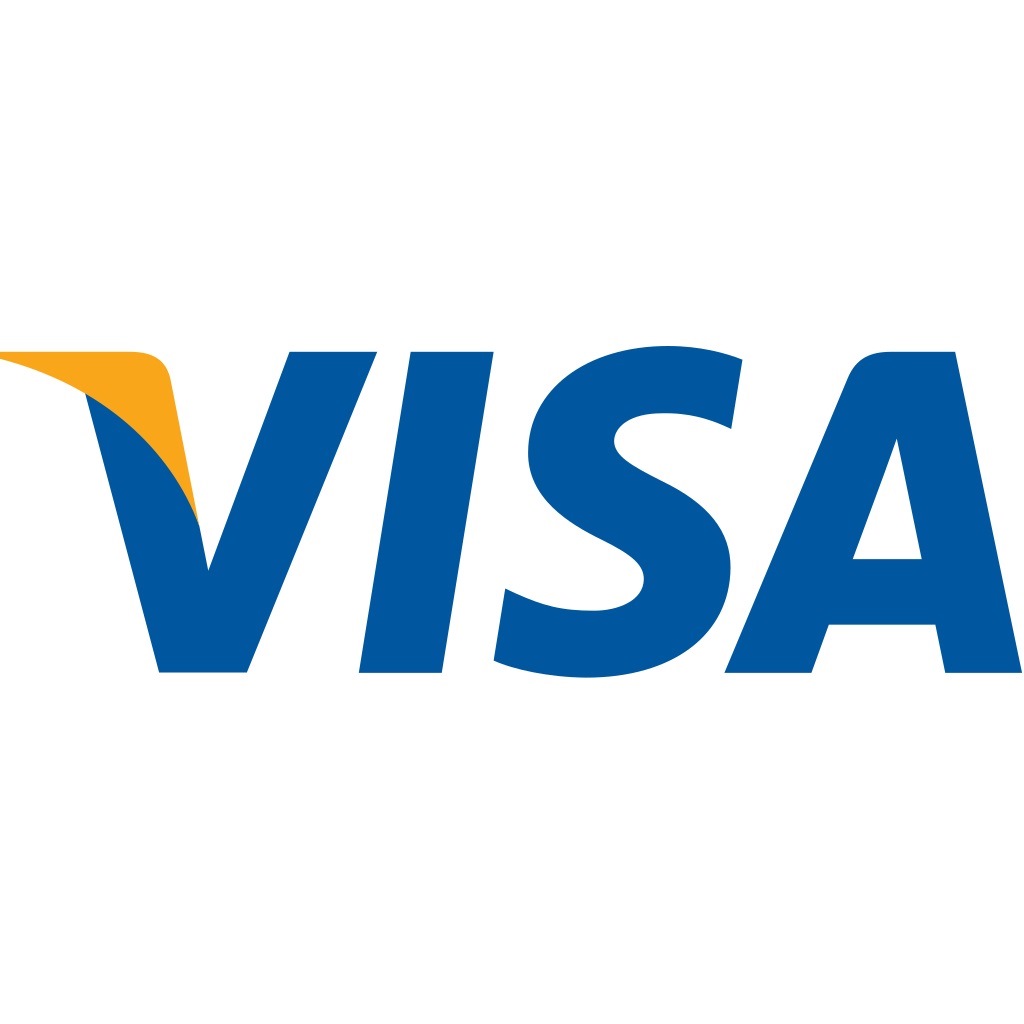Banking, finance, and taxes
If You Invested $1000 in Visa at the Market Bottom, It Now Would Be Worth $12,000

Published:
Last Updated:

One of the most difficult aspects of trading is timing the market. Odds are if you have been in the market over the past nine years, most likely you made some money. This bull market began in March of 2009, and 24/7 Wall St. is looking back to see how some major blue chip stocks compared to the broad markets over this time.
Back on March 6, 2009, the S&P 500 bottomed out at 666.79, and from there began perhaps the biggest bull market of the modern era. At the most recent close, the S&P 500 was at 2,747.30, more than quadrupling its bottom nearly nine years ago.
So how does Visa Inc. (NYSE: V) compare to the markets over the past nine years?
On an adjusted close basis, Visa closed March 6, 2009, at $10.26 a share, or at $12.55 on an unadjusted basis. Visa most recently closed at $122.93 on an adjusted basis.
Looking at the numbers here, we can see that Visa’s growth over this period more than outpaced the broad markets, with shares gaining roughly 1,100%.
If you had invested $1,000 in Visa back then, you would have $11,981.48 as of last Friday’s close.
Over the past 52 weeks, Visa has outperformed the broad markets, with its shares up about 39%. In just 2018 alone, the credit card giant is up nearly 8%.
Shares of Visa were last seen trading near $124, with a consensus analyst price target of $140.23 and a 52-week range of $87.76 to $126.88.
Are you ahead, or behind on retirement? For families with more than $500,000 saved for retirement, finding a financial advisor who puts your interest first can be the difference, and today it’s easier than ever. SmartAsset’s free tool matches you with up to three fiduciary financial advisors who serve your area in minutes. Each advisor has been carefully vetted and must act in your best interests. Start your search now.
If you’ve saved and built a substantial nest egg for you and your family, don’t delay; get started right here and help your retirement dreams become a retirement reality.
Thank you for reading! Have some feedback for us?
Contact the 24/7 Wall St. editorial team.